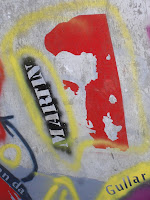sedna in the inner oort cloud
dances in the coldest deep
of this world unknown
to us
geminga
born three hundred thousand
years ago by a supernova
created the small dense
our local bubble
we
conceited sweepings of the stars
dance in the sun wind of
the gorgeous heliosphere
clueless tiny bugs
with twenty thousand meters
sun apex per second
we
chattering and unnoticed
traverse the incredible blank
local flake
in the crust-folds of
a little lump of water
blind passengers
for a blink
alpha centauri and deneb
altair and wega and arcturus
proxima cenautri and also you
fomalhaut
dance for us
because we can not know
anything
we see nothing
but you
for a
fulgurous eternal
moment








